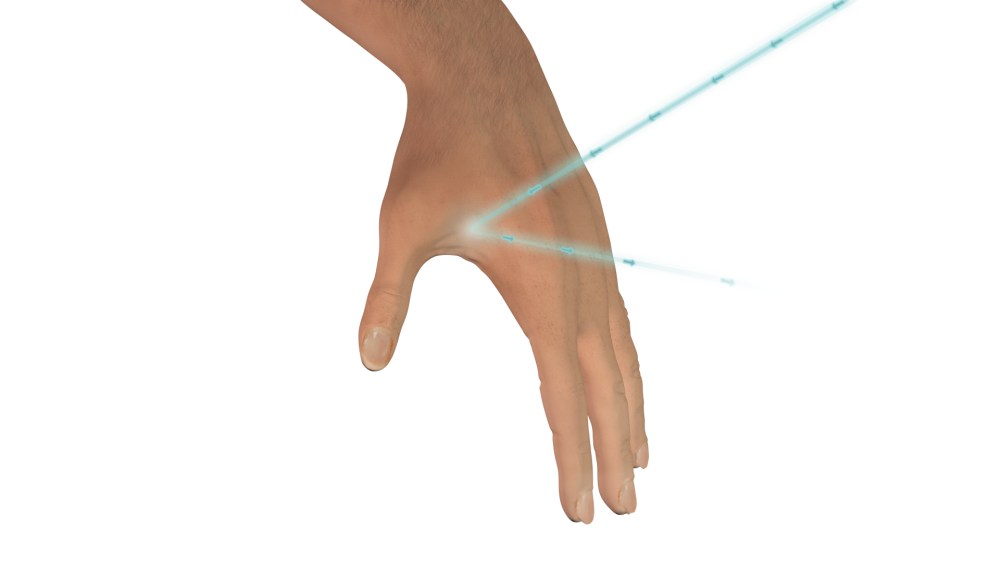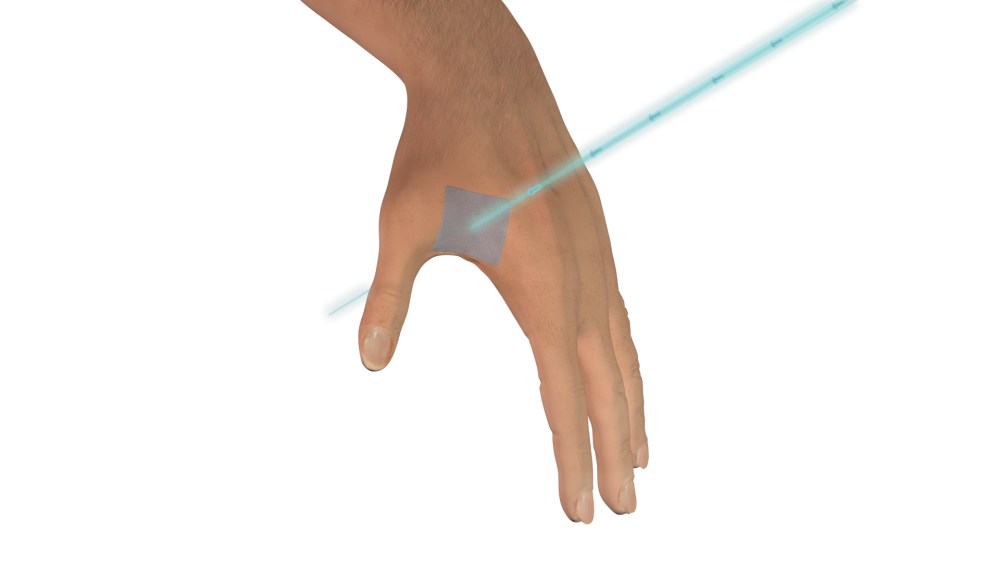Magnetic resonance imaging (MRI) is considered the optimal technique for diagnosing health issues related to complex internal systems such as the central nervous system, cardiovascular system, and the brain. Currently, over 50% of MRIs have a magnetic field strength of 1.5 Tesla. However, their reduced signal to noise ratio (SNR), the metric that determines the resolution (and hence diagnostic speed and quality), limits the ability to detect small structures, and results in scans that can last up to 60 minutes for a single body part such as the spine. This limits the quality of the diagnosis and the accessibility to MRI services. The demand for higher quality images and the volume of MRI scans is steadily increasing over time, putting huge pressure on the healthcare systems who are trying to reduce waiting lists within the existing facility and budget constraints.
Other than resorting to more costly high-field scanners (e.g. 7 Tesla), MRI designers have tried to improve SNR using methods such as dual RF sources, split ring resonators, surface coils, and dielectric pads. However, these methods have significant disadvantages. They offer only incremental SNR improvements on the order of 20%, they cannot conform to all body types, they can cause local tissue heating, and they require additional work by the radiologists to adapt them to each patient.
META is developing a novel metamaterial-based resonator from high permittivity materials that can be used to enhance the signal to noise ratio (and hence image quality and/or speed) in MRI scanners. The target signal enhancement is 200-500%, which is at least one order of magnitude better than conventional accessories such as dielectric pads. The device would operate in conjunction with dedicated and multichannel coils that will improve the image quality and achieve faster scans. The device would be conformal to various body parts such as the knee, hand, or spine. In addition to the device itself, we are also developing an intensity correction algorithm to account the field profile of the resonator and generate clinical images. The improvements will offer healthcare providers significant cost savings, while increasing access to services. The proposed technology eliminates heat issues associated with high intensity MRI scanners (3T and 7T), offering a new tool for clinical research worldwide. The device also eliminates heating issues observed in other resonating systems developed in the past.

